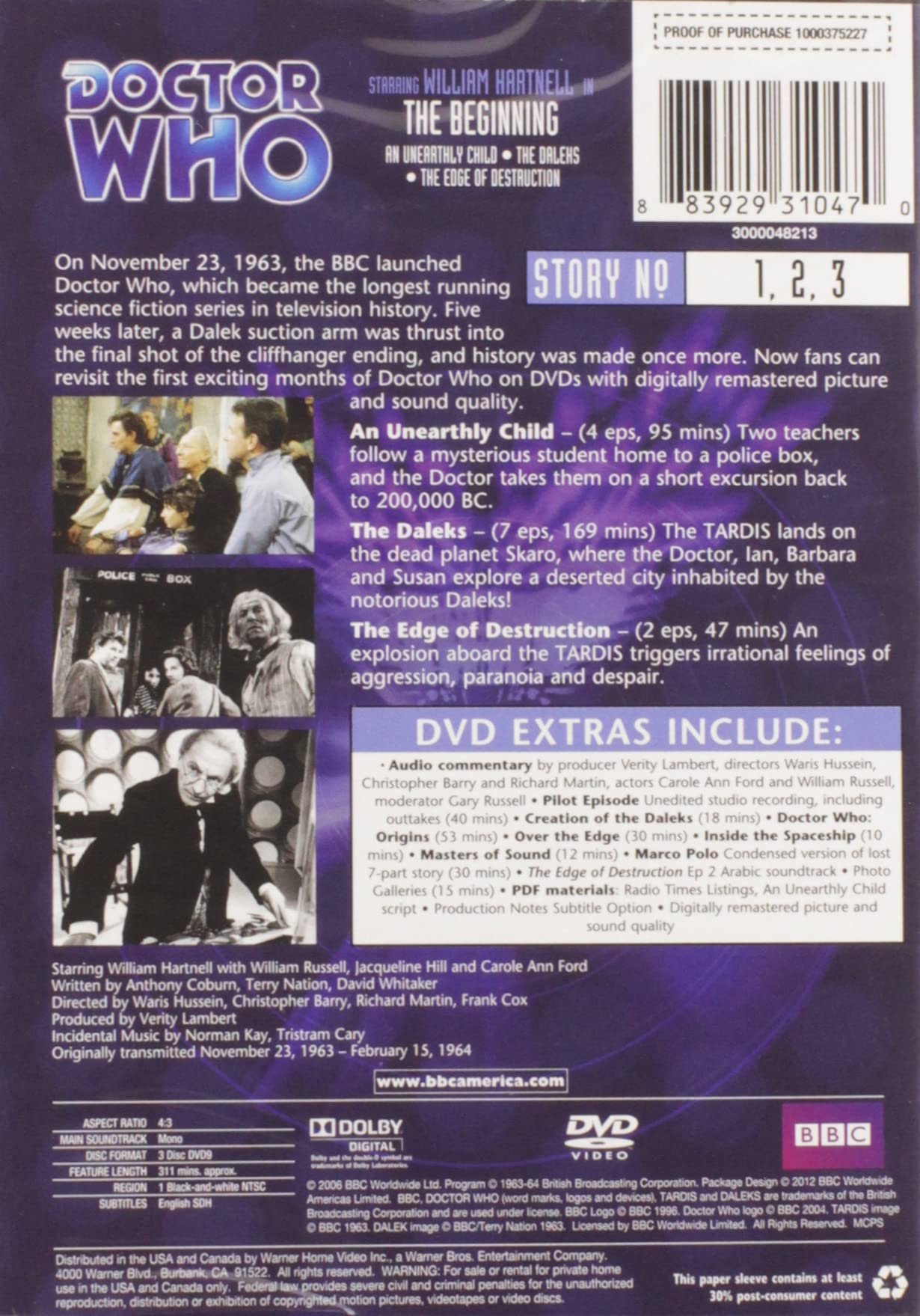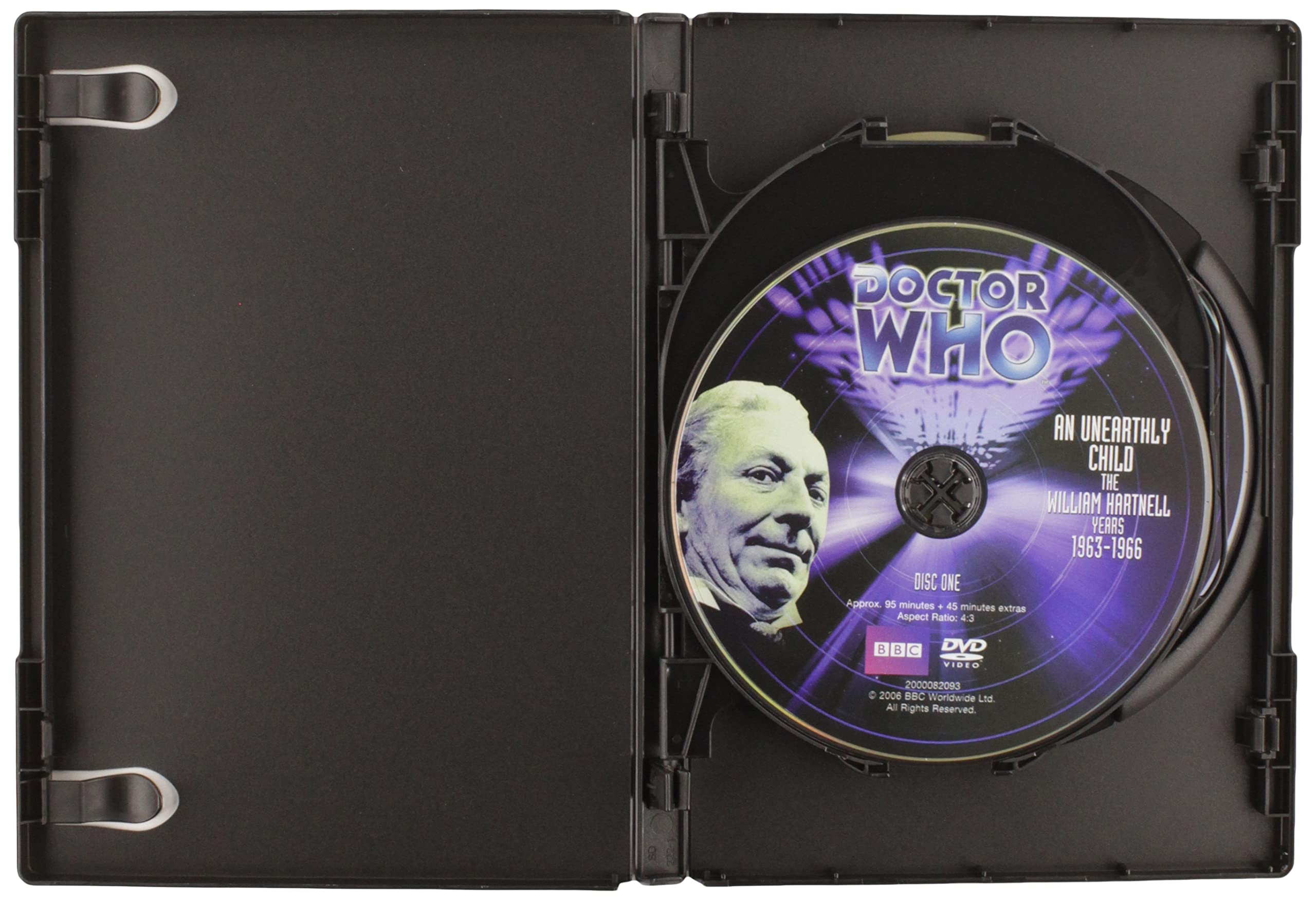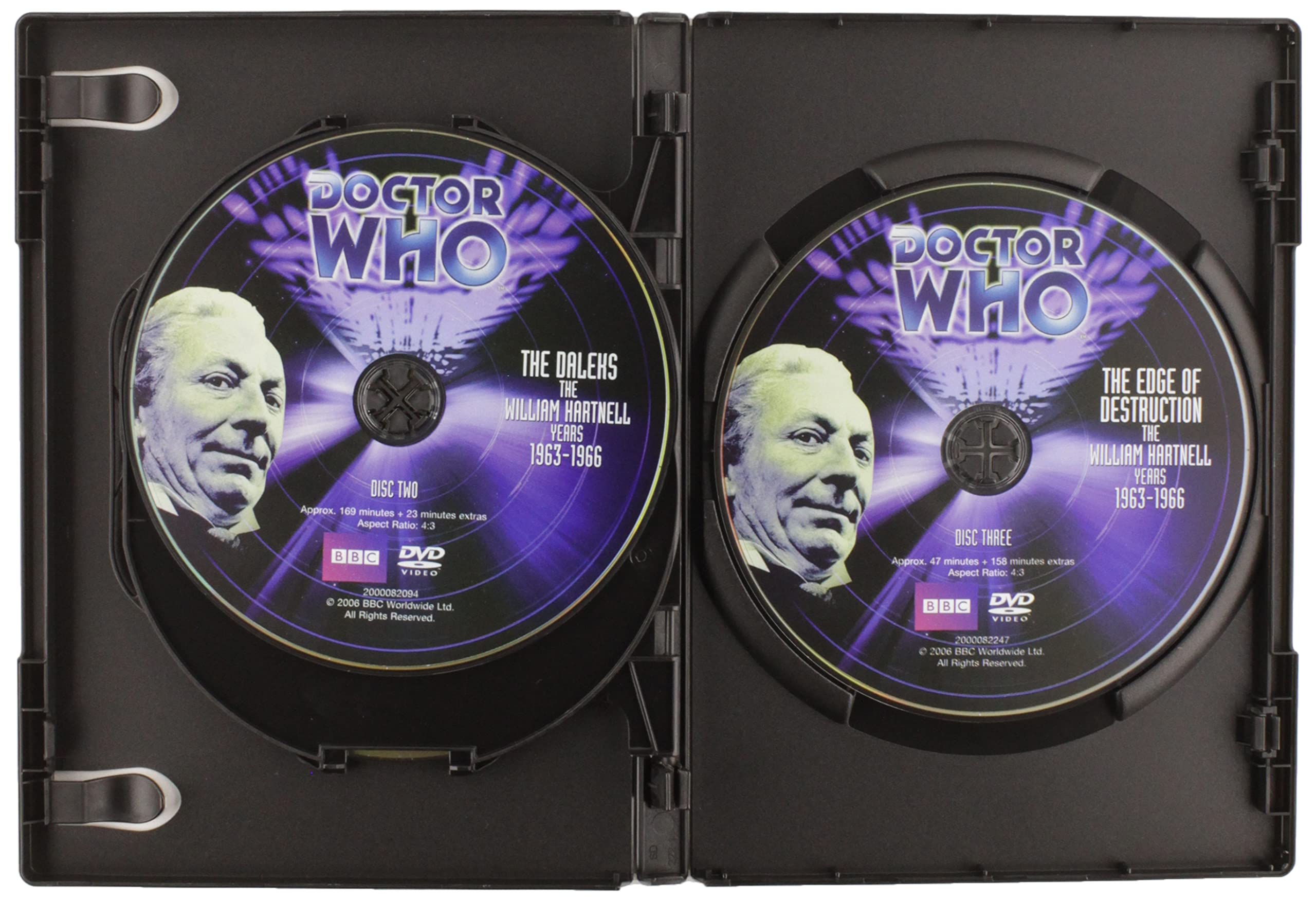Customer Services
Copyright © 2025 Desertcart Holdings Limited
Desert Online General Trading LLC
Warehouse # 7, 4th Street, Umm Ramool, Dubai, 30183, Dubai





Doctor Who: The Beginning (An Unearthly Child / The Daleks / The Edge of Destruction) (Stories 1 - 3)
Trustpilot
5 days ago
1 month ago